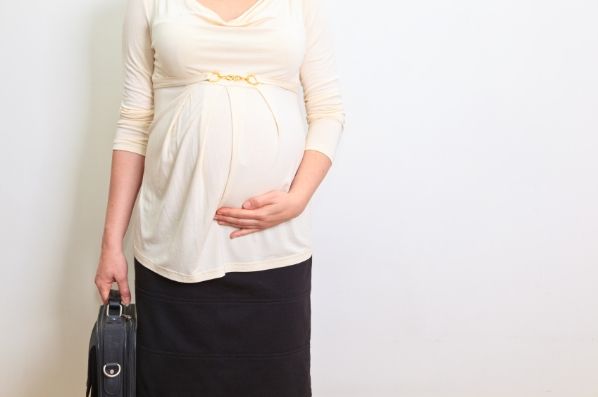A paid family leave bill that critics have called hostile to businesses in the District moved closer to becoming law yesterday when, despite reservations, Mayor Muriel Bowser refused either to veto or sign it. A progressive rallying point, the bill passed the Council 4-9 and could have survived a veto. Congress will now review it.
In a hard-hitting letter to City Council Chairman Phil Mendelson, Bowser said she is in theory in favor of mandatory paid leave, but cited "grave concerns" about this bill: it will require one of the biggest tax hikes in recent memory and an entirely new bureaucracy to administer the program. It further will require "first of its kind" infrastructure estimated to cost $40 to $80 million before any of the new taxes are collected. The mayor also noted that two-thirds of the benefits go to people who are not residents of D.C.
A sidebar on WAMU's website explained the bill:
Eight weeks of paid parental leave, six weeks of paid family leave and two weeks of paid medical leave.
If you make anything less than one-and-a-half times the city’s minimum wage — roughly $46,000 and below — you’d be paid 90 percent of your weekly wages while out on leave. Any wages above that get paid back at a 50 percent rate. So if you make $56,000 a year, you’d get the first $46,000 covered at the 90 percent rate and the remaining $10,000 at the 50 percent rate. There a payout cap of $1,000 a week.
The program is expected to cost $250 million a year, which will be covered by a 0.62 percent payroll tax on employers.
This is the most progressive paid leave program in the nation, so extreme that the liberal Washington Post said in an editorial that it went too far. Its biggest drawback: businesses, already burdened with government regulations, simply might not be able to sustain it. In a January panel held by IWF entitled "Paid Leave in DC: Where Do We Go from Here?," a small businessman whose family had operated a company in the District for four generations, said that this bill might be the one that forces him to leave the District.
We want District workers to have time off for the arrival of a new baby or family emergencies, but we also know that this is something that employees and employers do better working out between themselves. Some businesses simply can't afford this new government program. The first rule of paid leave: to take leave, you first need a job.


